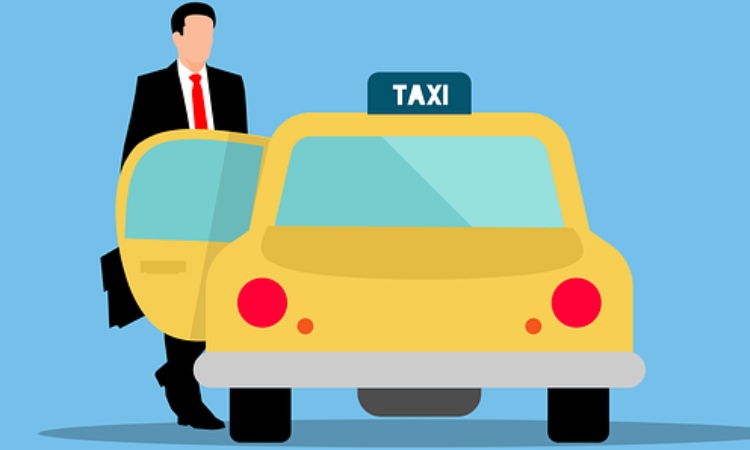
Standardized fare system for taxis operating in Bengaluru
Revamped fares simplify pricing into three tiers based on vehicle's value
Karnataka government has effectively put an end to surge pricing
The Karnataka government has unveiled a fresh, standardized fare system for taxis operating in Bengaluru, covering both aggregator platforms like Ola and Uber, as well as traditional city taxis.
The revamped structure simplifies pricing into three tiers based on the vehicle’s value, eliminating variable pricing practices.
In a notification issued on February 3, the government explicitly restricts cab aggregators from imposing any additional charges beyond the prescribed rates, effectively putting an end to surge pricing. The notification emphasizes that fares will strictly adhere to the government’s established rates, with unauthorized fees strictly prohibited.
According to the revised fare structure, the base fare for distances up to four kilometers starts at ₹100 for vehicles valued up to ₹10 lakh, accompanied by an additional charge of ₹24 per kilometer thereafter. For vehicles priced between ₹10 lakh and ₹15 lakh, the initial four-kilometer fare is set at ₹115, with a subsequent per-kilometer rate of ₹28. Vehicles exceeding the ₹15-lakh mark will have a minimum fare of ₹130 for the first four kilometers, with each additional kilometer priced at ₹32. Notably, the new structure eliminates the non-AC category, emphasizing the standardization of air-conditioned amenities across all vehicles.
The order also outlines that waiting charges are exempt for the initial five minutes, and thereafter will be billed at ₹1 per minute. App-based aggregators are authorized to collect a 5% Goods and Services Tax (GST) from passengers, and toll charges may be passed on to riders. Additionally, nighttime fares, applicable from 12 a.m. to 6 a.m., will incur a 10% surcharge.

Standardized fare system for taxis operating in Bengaluru
Revamped fares simplify pricing into three tiers based on vehicle's value
Karnataka government has effectively put an end to surge pricing
The Karnataka government has unveiled a fresh, standardized fare system for taxis operating in Bengaluru, covering both aggregator platforms like Ola and Uber, as well as traditional city taxis.
The revamped structure simplifies pricing into three tiers based on the vehicle’s value, eliminating variable pricing practices.
In a notification issued on February 3, the government explicitly restricts cab aggregators from imposing any additional charges beyond the prescribed rates, effectively putting an end to surge pricing. The notification emphasizes that fares will strictly adhere to the government’s established rates, with unauthorized fees strictly prohibited.
According to the revised fare structure, the base fare for distances up to four kilometers starts at ₹100 for vehicles valued up to ₹10 lakh, accompanied by an additional charge of ₹24 per kilometer thereafter. For vehicles priced between ₹10 lakh and ₹15 lakh, the initial four-kilometer fare is set at ₹115, with a subsequent per-kilometer rate of ₹28. Vehicles exceeding the ₹15-lakh mark will have a minimum fare of ₹130 for the first four kilometers, with each additional kilometer priced at ₹32. Notably, the new structure eliminates the non-AC category, emphasizing the standardization of air-conditioned amenities across all vehicles.
The order also outlines that waiting charges are exempt for the initial five minutes, and thereafter will be billed at ₹1 per minute. App-based aggregators are authorized to collect a 5% Goods and Services Tax (GST) from passengers, and toll charges may be passed on to riders. Additionally, nighttime fares, applicable from 12 a.m. to 6 a.m., will incur a 10% surcharge.
